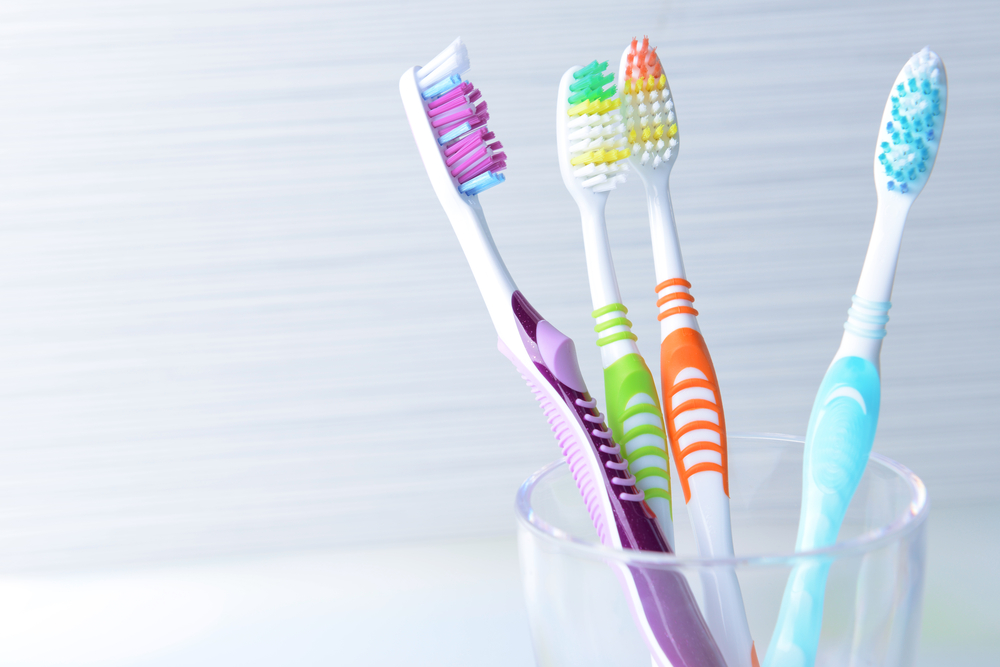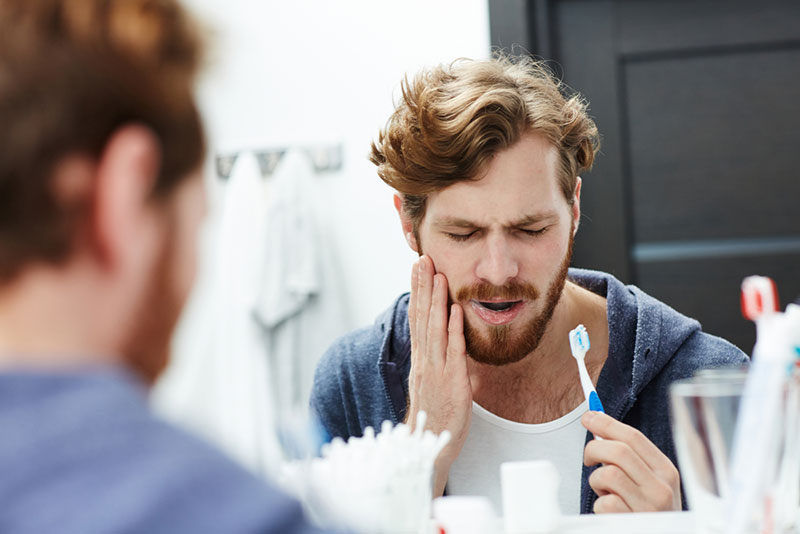
Pregnancy is a rollercoaster. You’ve got excitement and anticipation mixed with morning sickness and physical discomfort. There’s baby names and nursery decor, doctor’s appointments and vitamins. And what else? Remembering dental care during pregnancy. Here, your Naperville dentists cover six reasons why looking after your oral health while pregnant is vital.
-
Hormones, Hormones, Hormones
When you’re pregnant, your hormones are doing all sorts of things they weren’t doing before. And you might be surprised to know that these hormonal fluctuations can actually affect your gums with symptoms like redness, swelling, even bleeding when you brush and floss. This is commonly known as “pregnancy gingivitis,” and it can worsen if you ignore it.
If you notice these symptoms, it’s a good reason for going to the dentist while pregnant. You’ll want an experienced dentist like our team at Naperville Dental Specialists to examine your symptoms and help you find a solution.
Even if you don’t experience changes to your gums, the possibility of pregnancy gingivitis is a great reason to keep up with going to the dentist for regular cleanings and check ups while pregnant. Your dentist can catch any pregnancy-related issues in the early stages and recommend professional preventative treatment or helpful at-home care.
-
Pregnancy Tumors—Yeah, It’s a Thing
Rest assured, it’s not as scary as it sounds but it can be concerning. Pregnancy tumors are overgrowths of tissue that appear on the gums, typically in the second trimester. They’re not cancerous, but they can be uncomfortable and can bleed easily. They can also feel or look strange in your mouth, cause discomfort, or get in the way of eating or your oral hygiene.
If so, go ahead and see the dentist when you’re pregnant about this issue. Depending on your case, your dentist at Naperville Dental Specialists might opt to remove the excess gum tissue in a quick procedure under local anesthesia. With our modern, state-of-the-art office and friendly approach, your appointment will be efficient and comfortable.
-
Hello, Morning Sickness
It’s the gift that keeps on giving… and makes you practice extra diligent dental care during pregnancy. Morning sickness can mean you’re brushing your teeth more than twice a day — after every instance even. Not only do you want to clean away the taste of morning sickness in your mouth but the stomach acid that also comes up can weaken your teeth.
Always use a fluoride toothpaste and rinse your mouth with water or mouthwash. And if your usual minty fresh flavor makes you feel ill? Try brushing with a fruit-flavored toothpaste or rinsing with a kids’ mouthwash.
-
Oral Hygiene Affects Baby’s Health
Oral health and pregnancy isn’t only about your health, it’s about your baby’s health, too. You might be surprised to learn that poor dental care during pregnancy can lead to issues like premature birth and low birth weight. See, the bacteria in your mouth can get into your bloodstream and affect your baby. So every time you skip flossing or delay that dentist appointment, you’re taking a risk that’s not just about you anymore.
-
Mom’s Diet Matters
Giving in to those sugar cravings with sweets every time isn’t great for your teeth or your baby’s health. Instead, opt for teeth-healthy foods rich in vitamins A, C, and D, as well as calcium and protein. These nutrients help both the baby’s developing teeth and yours. Sugary snacks also turn into sticky plaque on your teeth, setting the stage for cavities if you don’t follow up with extra diligent at-home dental care during pregnancy.
-
Plan Ahead For A Healthy Smile
The American Pregnancy Association recommends planning visits to the dentist when pregnant for the second trimester and scheduling major dental work or cosmetic treatments for before you conceive if you can or wait until after giving birth. So what types of dental care treatment are okay during pregnancy? Non-invasive dentist treatments such as cleanings and scaling, root planing, even fillings are typically safe when pregnant — however, let your dentist know how far along you are so they can determine the safest and healthiest course of action.
Of course, going to the dentist when pregnant can get a little uncomfortable, but you can be confident that your caring Naperville dentists will ensure your comfort, with breaks to sit up or change positions when you need.
Stay On Top of Your Dental Care During Pregnancy With Your Naperville, IL Dentists
From tackling hormone-induced gingivitis to preventative cleanings and checkups, including good dental care during pregnancy is beneficial for both you and your baby. Dr. Anthony LaVacca and the dental team at Naperville Dental Specialists are here with comprehensive dentistry that suits this unique time during pregnancy.
Contact us for that cleaning, level up your at-home oral hygiene, and smile your way through pregnancy!



































